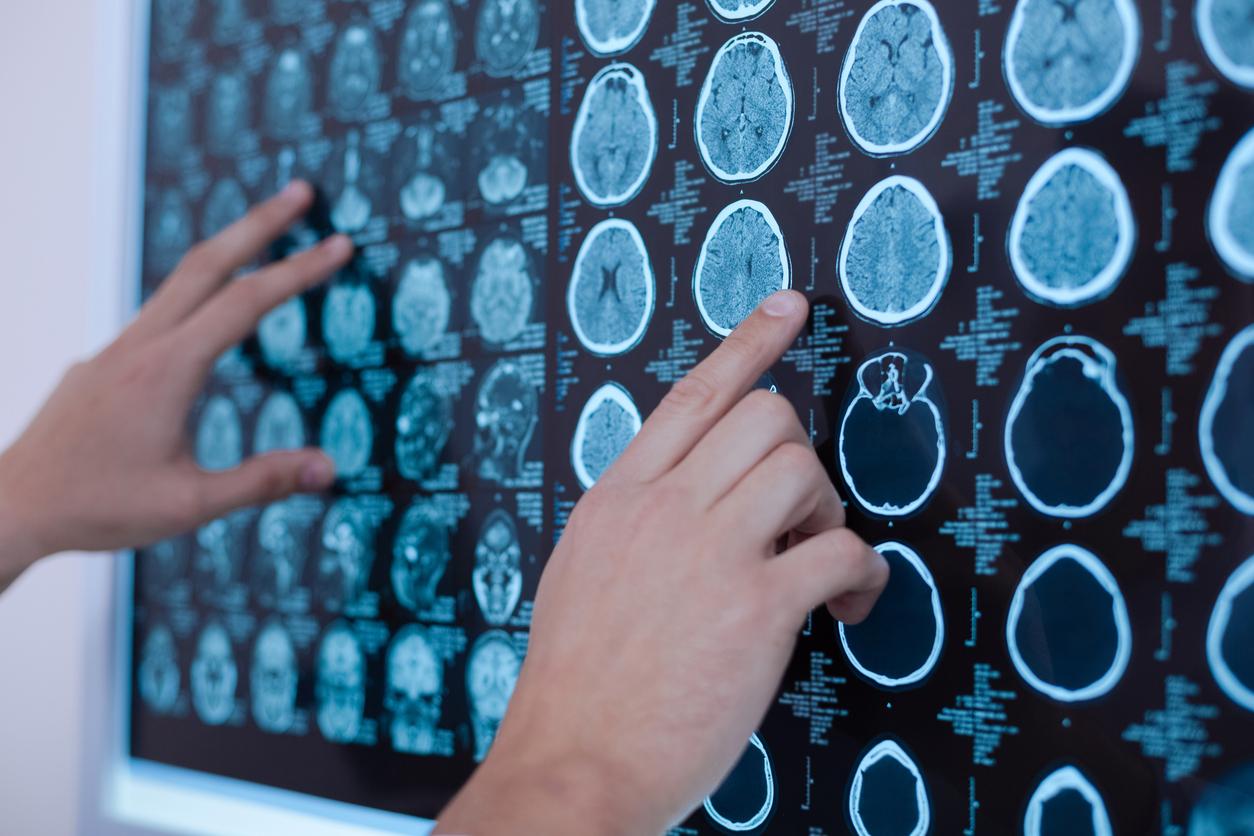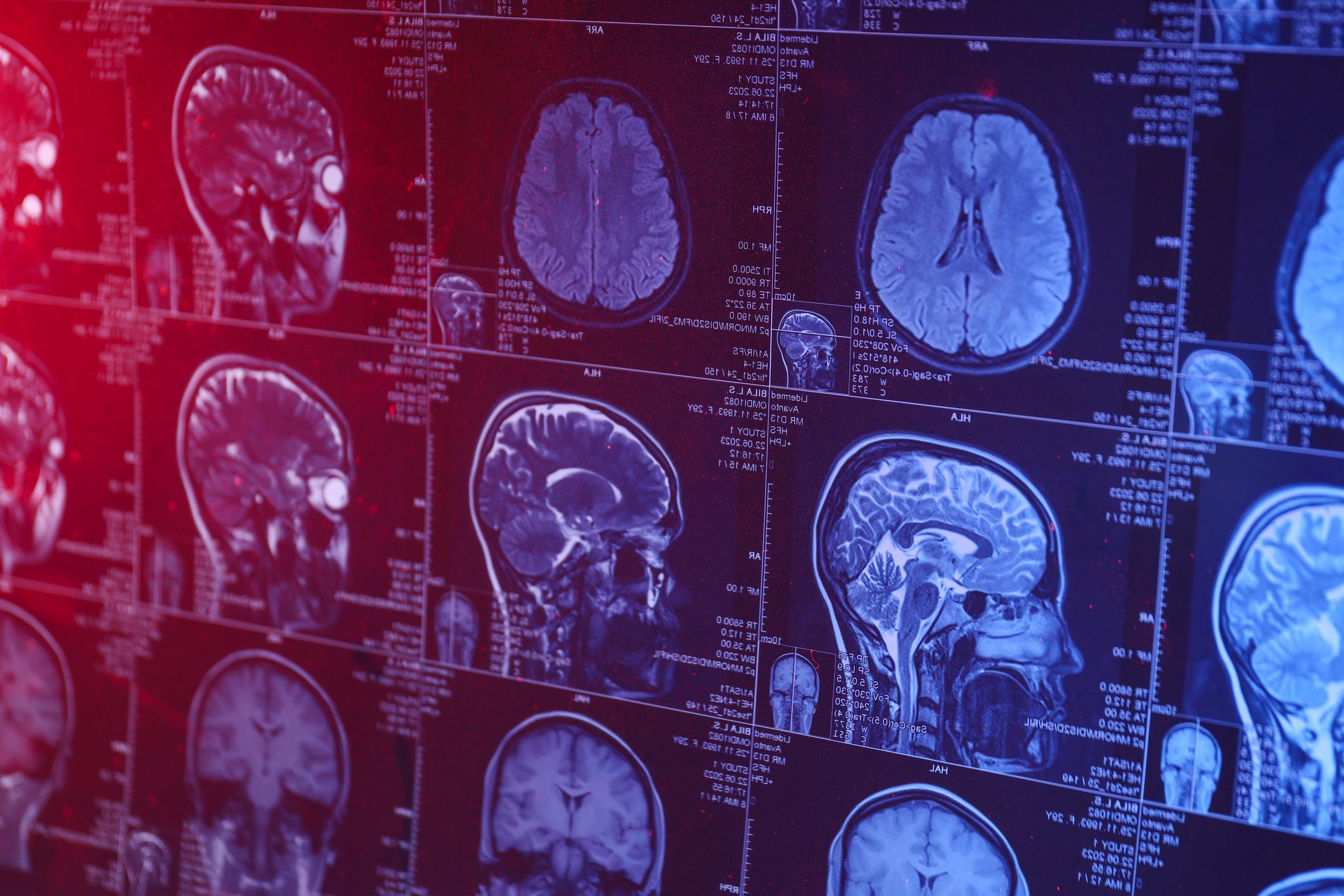A doctor with IDH wild-type glioblastoma, an incurable brain cancer, is in remission thanks to his own experimental treatment.

- Professor Richard Scolyer was diagnosed with IDH wild-type glioblastoma, an incurable brain cancer, in June 2023.
- With his research teams, he has been working for 10 years on immunotherapy for skin cancer and has thus succeeded in improving the chances of cure by 10 to 50%.
- According to his latest MRI, he is in remission.
Glioblastoma Wild-type IDH is the name for incurable brain cancer, which Australian professor Richard Scolyer was diagnosed with in June 2023. Life expectancy is normally one year and, yet, he is currently in remission after having undergone his own experimental treatment.
An experimental treatment, based on immunotherapy, to treat cancer
Richard Scolyer is an eminent researcher. For 10 years, he has been working on immunotherapy. So, when he was diagnosed, he tried – with the support of his research team – a new treatment for his care. This had never been used on a patient with wild-type IDH glioblastoma: combined preoperative immunotherapy and a personalized vaccine based on their tumor.
Immunotherapy does not act directly on the tumor, unlike chemotherapy or radiotherapy, but stimulates immune cells to help the patient fight against their disease, according to the National Institute of Health and Medical Research (Inserm).
With this treatment, Professor Richard Scolyer had several side effects and complications: pneumonia, epileptic seizures, liver difficulties, etc. But this one seems to have been effective. Monday May 13, the scientist announced that his last MRI did not show any sign of tumor recurrence.
“To be honest, I was more nervous than I had been for any previous exam, he indicated to the BBC. I’m just thrilled and delighted…I couldn’t be happier.”
Glioblastoma: remission does not mean cure
This is a first for this type of cancer. But Richard Scolyer is well placed to know: remission does not mean cure. For four years, on average, there is a risk of cancer recurrence. “This certainly doesn’t mean my brain cancer is cured…he continues. But it’s nice to know he hasn’t reappeared yet. So I still have some time to enjoy my life.“Following these very encouraging results, clinical trials will be carried out on a larger scale to evaluate the effectiveness of the treatment from which Richard Scolyer benefited.
Last January, the researcher and his colleague were named “Australians of the Year” for their research on immunotherapy in the context of skin cancer. This work allowed them to increase the chance of cure from 10 to 50%.


















